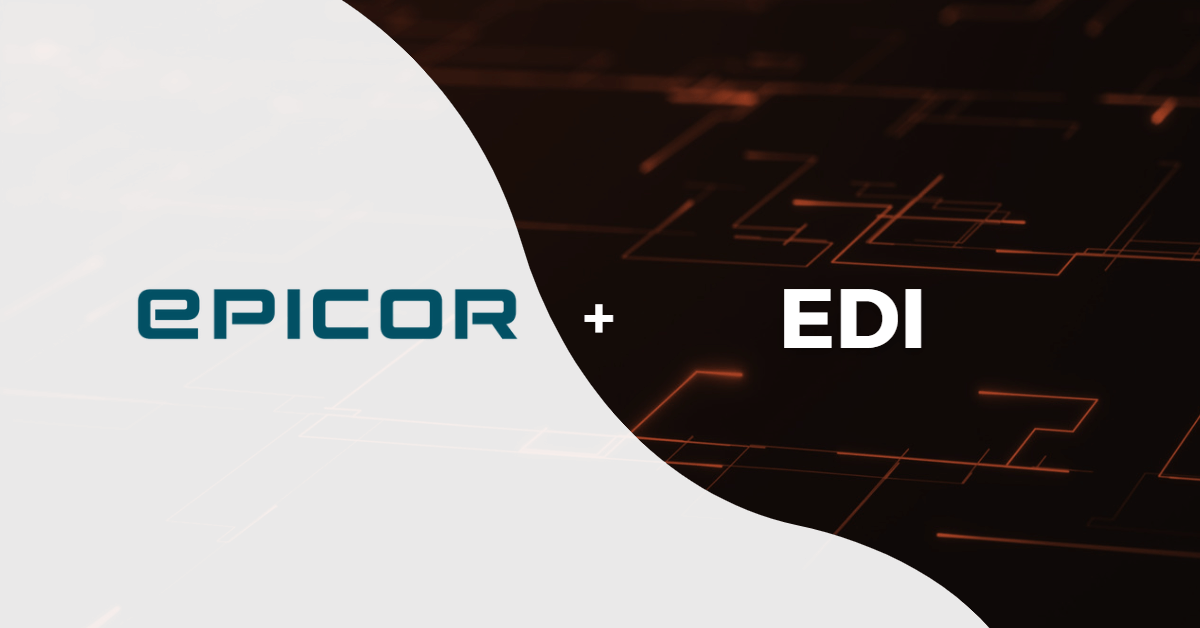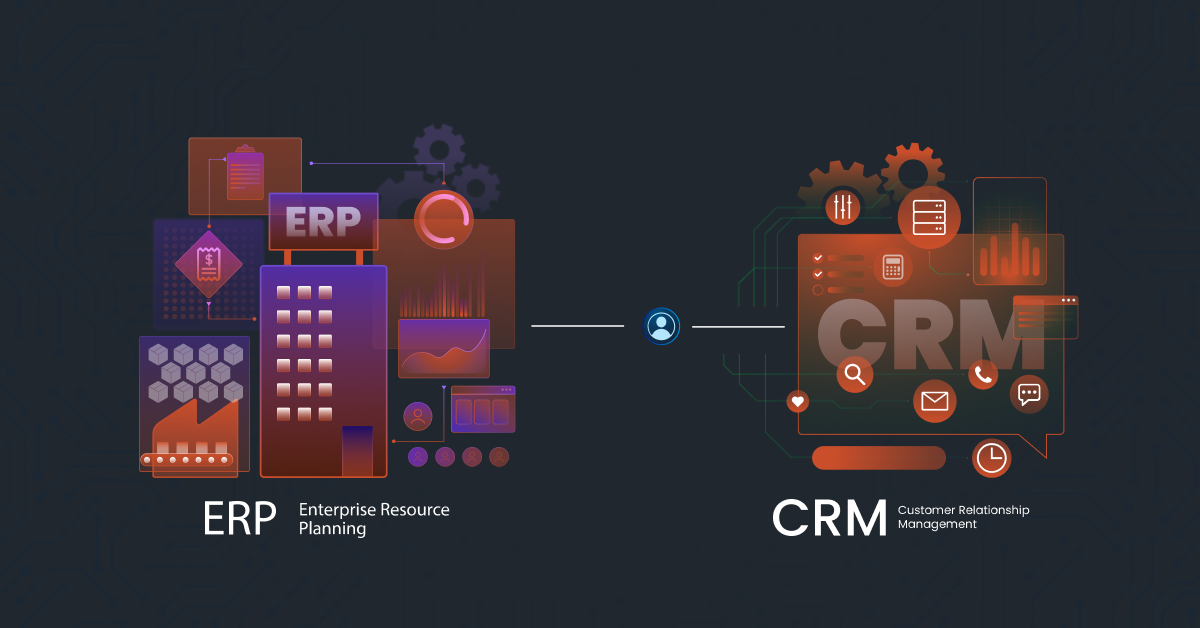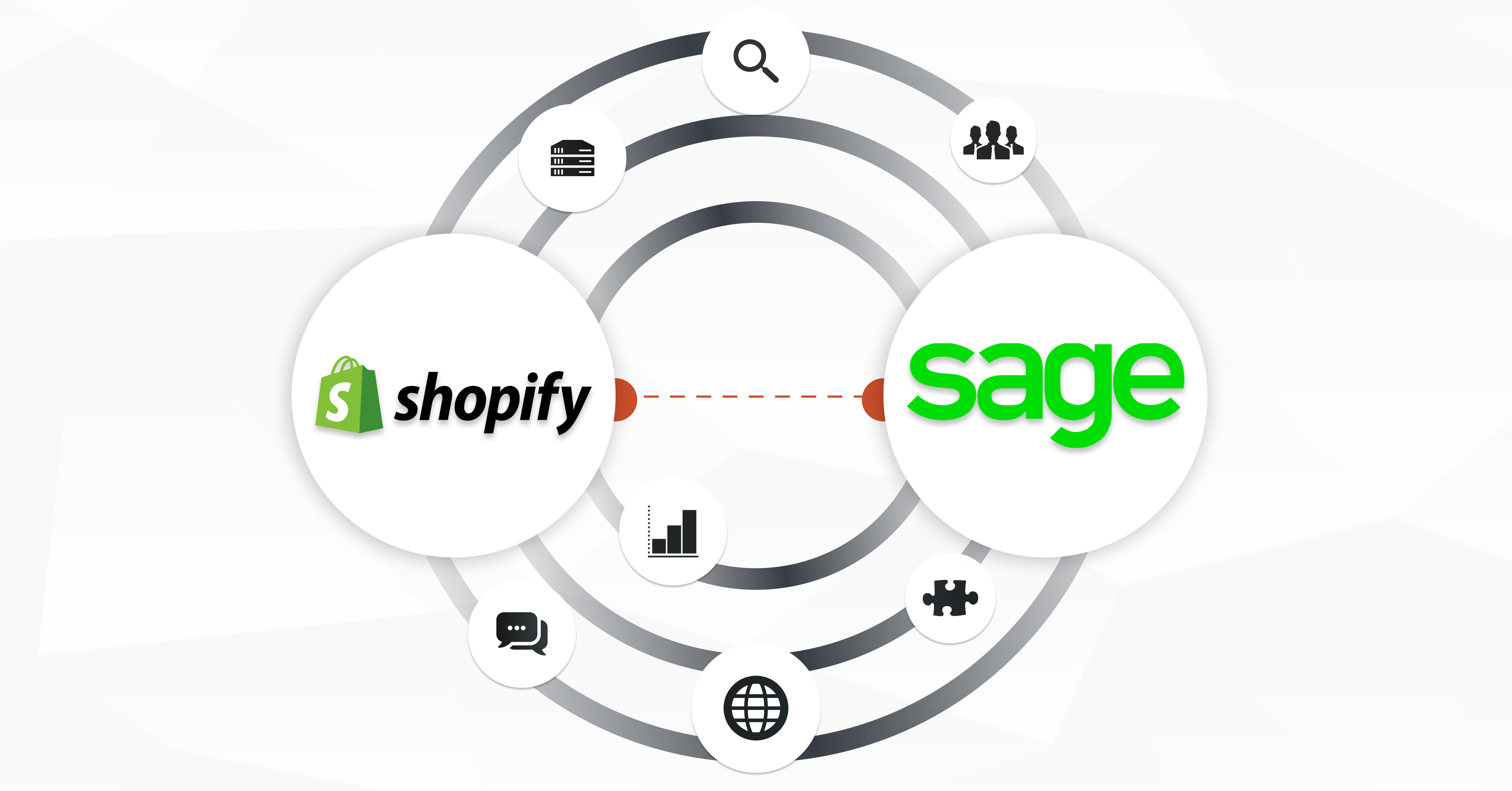ERP (Enterprise Resource Planning) and EDI (Electronic Data Interchange) are essential for any modern distribution or manufacturing business. ERP systems help centralize and streamline business processes, while EDI ensures smooth information exchange, especially in logistics and supply chain management. When you integrate these two, ERP and EDI, you’re stepping into a whole new level of efficiency for your business.
Today, let’s talk about one ERP system that’s quite popular in distribution and manufacturing: Epicor. We’ll explore how Epicor EDI Integration can unleash a ton of benefits for your business and really boost how you operate.
Methods Of Epicor EDI Integration
To connect Epicor with EDI, you have several options to explore. Let’s examine the most popular approaches:
1. Direct EDI Integration (In-house Approach)
In direct integration, companies typically leverage in-house expertise and resources. This approach allows you to develop custom code between your system and your trading partner’s system. In the middle, you’ll use local EDI software or a converter, which could be any tool your business prefers for mapping, data translation, or data flow management. Essentially, three systems are involved here: your ERP, the EDI system, and your trading partner’s system. The data moves between these systems, with the EDI software translating and mapping the data, automating the entire process when integrated.
2. Indirect EDI Integration (External Service Providers)
Indirect integration allows you to rely on third-party solutions to handle both EDI and system integration. There are two main options:
iPaaS (Integration Platform as a Service)
iPaaS offers cloud-based integration and most of them act as a single platform that provides both integration and EDI services. With pre-built connectors, there’s no need for custom coding. It automates data flow between your ERP, the EDI system, and your trading partner’s system. This option requires minimal technical expertise, as the iPaaS provider handles most of the setup and maintenance.
VAN (Value Added Network)
A VAN acts as an intermediary, securely transmitting EDI data between your system and your trading partner’s system. It ensures safe, reliable data exchange with built-in security features. A VAN is especially helpful for businesses with multiple partners or operating across regions, as it takes care of the communication and data translation for you.
3. Hybrid Integration
Hybrid integration is a combination of both direct and indirect approaches. In this case, your business may choose to handle some aspects of the EDI integration in-house while relying on third-party services for others. This allows for flexibility, as you can control specific elements internally while still leveraging external expertise where needed.
Read More: Top 18 ERP Integration Tools & Platforms (Reviewed)
Benefits Of Epicor EDI Integration
Traditionally, EDI and ERP systems have operated independently, limiting their ability to integrate effectively. However, with advancements in integration technology, it is now possible to create a seamless connection between the two, offering several significant advantages. Here are some of the benefits of Epicor EDI integration
- Compliance and Automation: Quickly meet trading partner requirements and capitalize on the efficiency of automated processes.
- Data Accuracy: Automating the ingestion and transformation of EDI data into the ERP system eliminates the need for manual data entry, significantly reducing the risk of errors. Accurate data is crucial for smooth business operations and ensures reliable decision-making processes.
- Better Business Cycle Speed: Epicor EDI Integration allows for the rapid exchange of EDI transactions with trading partners, reducing processing times from days to minutes. Faster business cycles lead to improved efficiency, customer satisfaction, and overall productivity.
- High-End Supply Chain Visibility: By integrating EDI and ERP systems, companies gain greater visibility into their supply chain operations. Accurate and automated data flow provides real-time insights, allowing businesses to identify bottlenecks, track orders, and optimize their overall supply chain performance.
Recommended Reading: eCommerce Integration: Types, Benefits, Challenges & Solution
Challenges Of Manual Integration
When you try to integrate EDI data manually, without the right expertise and resources, things can quickly go wrong. For example, let’s say your ERP system only supports a basic date information, but your customers send more detailed EDI messages, like specifying “ship no later than” dates or delivery windows. If you miss capturing these details, you could end up shipping late or early, causing confusion and delays.
This kind of oversight means you’ll need to create custom reports or workarounds just to fix the gaps. It not only increases the cost of the integration project but also adds complexity to your system. And trust me, it will lead to frustration and a lot of headaches. Even worse, it could damage important business relationships if you don’t meet your partners’ expectations.
A few more reasons on why you should avoid hasty improper integrations::
- When processes that should be automated require manual intervention, the risk of errors increases.
- Incomplete or manually generated invoices can result in chargebacks and underpayment of purchase orders.
- Limited access to important information leads to time-intensive issue resolution, increasing thresholds for write-offs.
- Inadequate visibility into critical data compromises decision-making and hampers operational control.
- Cumbersome research tools impede productivity, slowing down business processes.
- Failing to build customizations for unforeseen circumstances can result in subpar customer service, damaging relationships.
Relevant Reading: Need for Magento EDI Integration
Top EDI Integration Solution – DCKAP Integrator
To simplify the integration process, companies can leverage solutions like DCKAP Integrator. It’s a cloud-based solution that enables seamless EDI compliance for businesses looking to exchange documents electronically with EPICOR. And it’s not just an integration tool—it can also function as a full-fledged EDI system.
So, if you’re in need of both a new EDI system and integration, DCKAP Integrator has you covered. But if you already have an EDI system in place and only need to integrate it with your EPICOR system, we can handle that too.
Here are some top features of DCKAP Integrator:
Streamlining Business Processes
DCKAP Integrator acts as an Integration Platform as a Service (iPaaS), bridging the gap between Epicor ERP and other business applications such as EDI, ecommerce platforms, PIM systems, and more.
With its multi-platform integration capability, companies can eliminate manual data entry and reduce errors, resulting in streamlined business processes and enhanced productivity.
Real-Time Data Synchronization
Ensures that data flows seamlessly between Epicor ERP and EDI in real-time. Moreover, the real-time synchronization allows businesses to maintain accurate, up-to-date information across their entire digital ecosystem, enabling better decision-making, improved customer service, and increased operational efficiency.
Advanced Mapping & Modifiers
Mapping data fields between different systems can be a complex task, especially for non-technical users. DCKAP Integrator simplifies this process by providing easy-to-use mapping tools and modifiers.
With these features, businesses can effortlessly map data fields from Epicor ERP to their desired formats, ensuring compatibility and integration across systems without the need for extensive coding or technical expertise.
Automated Scheduling
Offers automated scheduling capabilities, enabling businesses to set up data synchronization tasks based on their preferred schedule. The automated scheduling feature ensures that data updates, such as inventory changes, order processing, or customer information, are automatically synchronized between Epicor ERP and EDI at the designated times.
Advanced Logging and Record-Keeping
Keeping track of data transactions is essential for auditing purposes and maintaining data integrity. DCKAP Integrator provides advanced logging capabilities that automatically log and back up every piece of information transferred to and from Epicor ERP.
This comprehensive logging ensures that businesses have a detailed record of all integration activities, enhancing transparency, accountability, and data security.
Secure Transactions
Data security is a top priority for businesses when integrating systems. DCKAP Integrator ensures secure transactions by encrypting data during the integration process. This encryption safeguards sensitive information, protecting it from unauthorized access and ensuring compliance with industry regulations.
To know more about DCKAP Integrator, reach out to our team today!
FAQs
What is EDI integration, and why is it important?
EDI integration automates the exchange of business documents, such as invoices and orders, between your systems and your business partners. This eliminates manual processes, reduces human error, and speeds up communication with new trading partners. It ensures efficient data management and supports business growth by streamlining operations and improving relationships. For a unique business, EDI integration is essential for handling large volumes of data and adapting to evolving market needs. To get the maximum benefits of an integrated EDI solution, always opt for a service provider with years of experience.
What are the standard formats of EDI?
The standard formats of EDI include ANSI X12, EDIFACT, CSV, and XML. These formats ensure compatibility and smooth data exchange between different systems and trading partners.
How does EDI integration help, and in which departments?
EDI integration helps automate processes across several departments, including supply chain management, financial management, and retail management systems (RMS). It reduces manual processes, improves data accuracy, and speeds up transactions, making operations more efficient across the board.
How to get appropriate support for EDI integration?
To get the right support for EDI, you need to choose an experienced Service provider like DCKAP. Their IT team is always on standby to assist with any issues. Having a proactive support team ensures that problems are resolved quickly, keeping your system running smoothly. Service providers often offer expert support, so no matter the issue, you can rely on their assistance.
Why do companies require ERP-Integrated EDI?
Companies utilize software to process EDI documents, which require standardized formats for seamless communication and comprehension by their computer systems. With the prevalence of EDI solutions, numerous EDI standards are available in the market.
To ensure compatibility with their existing software and that of their suppliers, trading partners, and business associates, companies need an EDI solution that integrates seamlessly with their ERP system. This integration enhances the capabilities of EDI and provides a more cohesive and efficient experience.
How does EDI – ERP integration automate data translation?
A well-executed integration allows the automatic translation of order data from EDI transactions, such as Orders and Invoices, directly into the ERP. This eliminates the need for manual data entry, which is prone to errors and time-consuming.
Can an ERP system be used for EDI transactions?
While ERPs are powerful systems for managing business operations, they are not specifically designed for EDI. Attempting to use an ERP for EDI transactions without an external EDI provider often results in failure. ERPs lack the necessary specifications of retailers and may not keep up with the evolving standards of trading partners, jeopardizing.
What should I consider before choosing the right EDI integration tool?
- Products & EDI Source compatibility.
- A Visibility Portal for real-time tracking.
- Configurable Interface to match your needs.
- Ensure Scalability for future growth.
- Support for Industry Standards (CSV, XML, etc.).
- Alignment with Current Software and Technology Initiatives.
- Focus on Sustainability, Service Management, and Transportation.
- Integration with Back Office and Digital Commerce systems.
Contents




